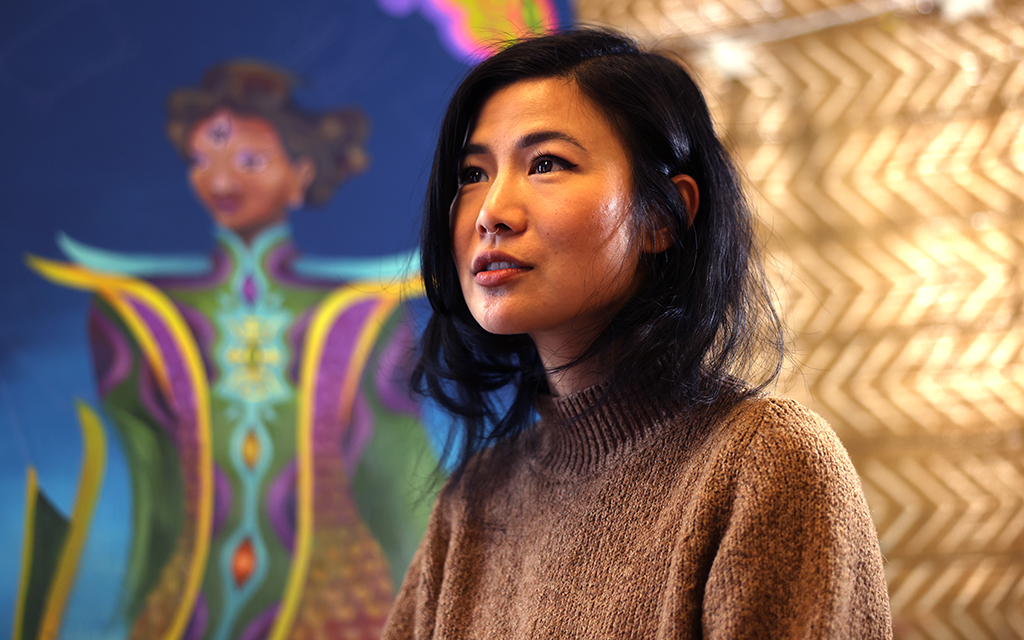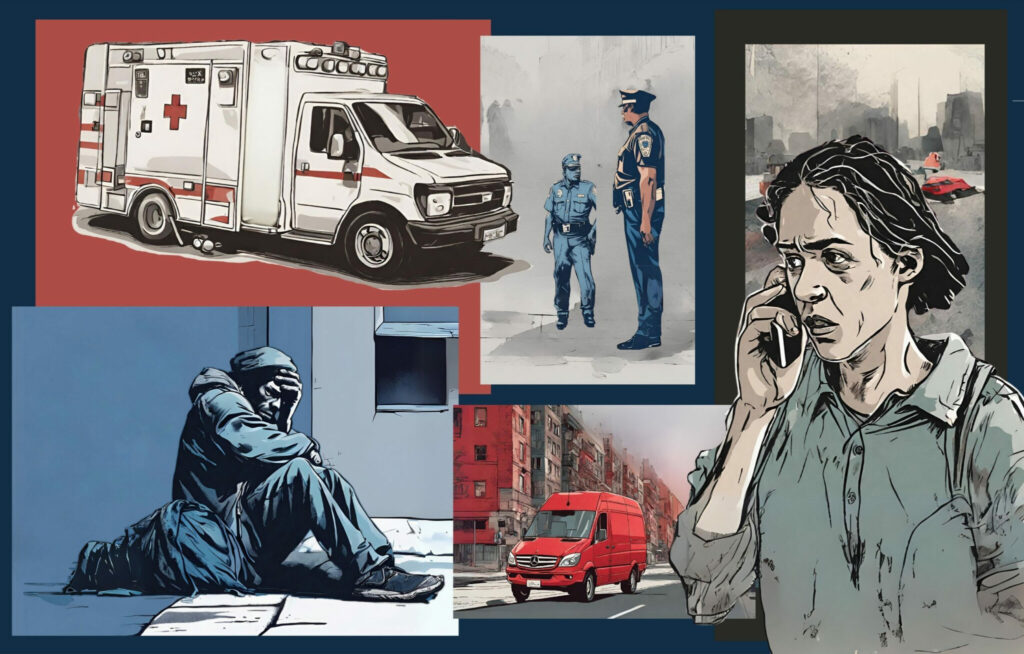Being ‘my own role model’: Normalizing mental health care in the AANHPI community

Cronkite News by Deanna Pistono, December 22, 2023: For Jessika Malic, communications director of Asian Pacific Community for Action, a Phoenix-based nonprofit focused on providing access to health care, her search for the right mental health provider for herself involved some added effort.
“I thought it would be great to see a woman of color, not even Asian,” Malic said.
“My last two therapists were white women, which is not a problem, but also some of the things that I’m dealing with I think might be more relatable to someone of color.
Shela Yu, a Phoenix-based visual artist, has been seeking out mental health care since her teenage years.
“My mom came into my room one day. I might have been like, 13, or something like that, (I was) just sobbing for no reason.”
Though Yu’s mother suggested that her daughter see a therapist, Yu notes that when she was an adult, one of her younger family members reached out to her with a very different experience.
“Her parents are very anti-therapy.”
According to the Substance Abuse & Mental Health Services Administration’s 2021 National Survey on Drug Use and Health, a quarter of Asian American adults with mental illness had received mental health treatment in the past year. In that same timeframe, more than half of white Americans with mental illness received treatment.
For people seeking mental health care, reaching out and finding a provider can be a deeply personal experience. But for members of Asian American, Native Hawaiian and Pacific Islander communities, like Malic and Yu, broadly referred to as the AANHPI community, seeking mental health care can involve not just disclosing personal information, but also negotiating language barriers and cultural stigma from within their own personal histories.
Read more from Cronkite News here.




